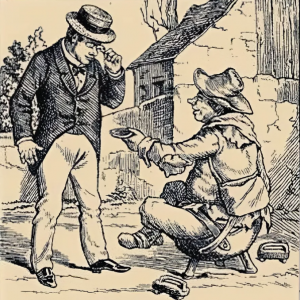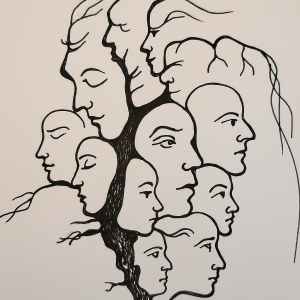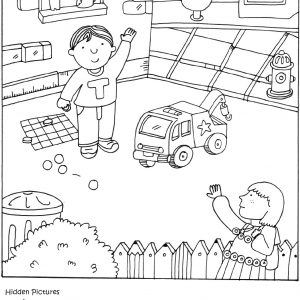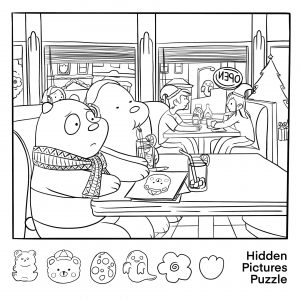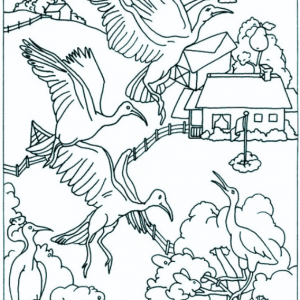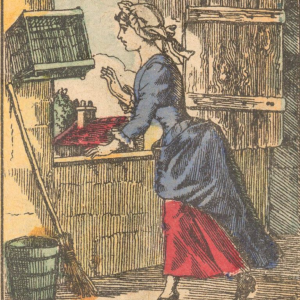Queen Esther’s Bold Banquet: A Feast That Changed History
A Scene of Courage Behind a Royal Curtain
At first glance, this illustrated scene looks like a festive royal banquet—goblets, grapes, and gold. But look again. What you’re really seeing is a powerful moment in biblical history. That woman standing with her hand over her heart? That’s Queen Esther. And she’s not just there to serve dessert—she’s about to serve justice.
This moment captures the essence of bravery, timing, and faith—all tucked within a feast fit for a king. Let’s dive into what makes this moment so significant.
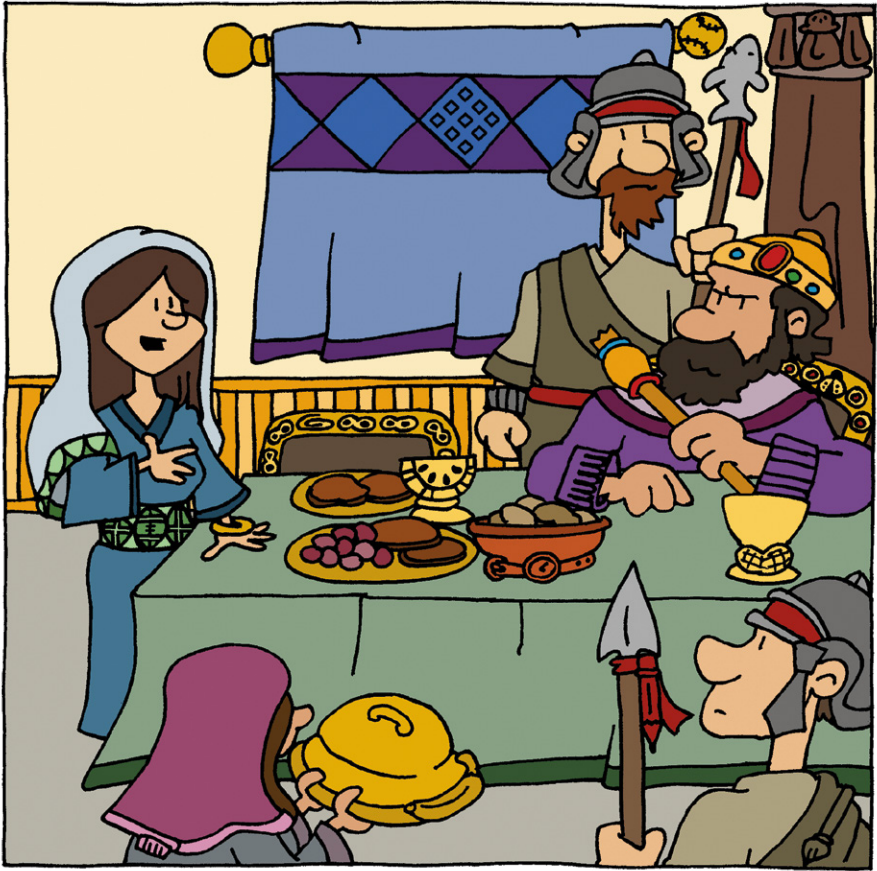
Who Was Queen Esther, Really?
Esther wasn’t born into royalty. She was a Jewish orphan raised by her cousin Mordecai. But through a twist of fate (or divine purpose), she became the queen of Persia. Her beauty may have opened the palace doors, but it was her courage that changed the course of a nation.
In a time when speaking out could cost a woman her life—especially in front of the king—Esther did exactly that. And not for her own gain. She did it to save her people.
The Hidden Plot That Sparked It All
So, what’s the backstory here?
The villain of this narrative is a man named Haman, a royal advisor with a bitter grudge against the Jews—especially Mordecai. He convinces King Xerxes to issue a decree to wipe them out completely. Genocide, in short.
Esther, aware of the plot and her people’s impending doom, could’ve stayed silent. After all, she was safe in the palace, right? But her uncle Mordecai delivered a wake-up call: “Perhaps you were made queen for such a time as this.”
And just like that, history pivoted.

Speaking Up: The Turning Point at the Table
In the second banquet, Esther finally speaks up. In a moment thick with tension, she reveals her true identity as a Jew and exposes Haman’s plan to destroy her people—including her.
The king is stunned. Haman is horrified. And everything changes.
That simple act of bravery—speaking truth at the right time—turns the tables (literally and figuratively). Haman is executed. The Jews are saved. And Esther becomes one of the most respected women in scripture.

Symbols in the Scene: More Than Meets the Eye
Let’s break down the illustration a little more:
- The King with the scepter represents power, but here, he’s also listening. That’s important. Real leadership listens.
- The guards with spears may seem intimidating, but they’re not attacking. The scene is calm. The tension is in the words, not the weapons.
- The woman speaking—Esther—is the only one standing, holding the attention of everyone in the room. That posture says everything about her courage.
- The food and goblets? They’re not just decorative—they’re part of the plan. Esther knew the way to a king’s heart (and focus) might just be through a royal meal.

Why Esther’s Story Still Matters Today
Esther’s story isn’t just ancient history—it’s a timeless reminder.
Ever felt scared to speak up? Maybe you’ve been in rooms where your voice felt small. Maybe you’ve held back, worried about consequences. Esther’s story tells us this: Courage isn’t about the absence of fear. It’s about acting in spite of it.
Her wisdom, timing, and bravery are still relevant. Whether you’re standing up to injustice, speaking out for someone who can’t, or simply navigating tough conversations—her story is a beacon.
A Banquet of Purpose and Destiny
What’s so powerful about this scene is that it transforms a royal banquet into a battlefield of destiny. No swords drawn. No armies clashing. Just one woman, one voice, one pivotal moment.
Esther didn’t win by force. She won with grace, patience, and unwavering purpose.
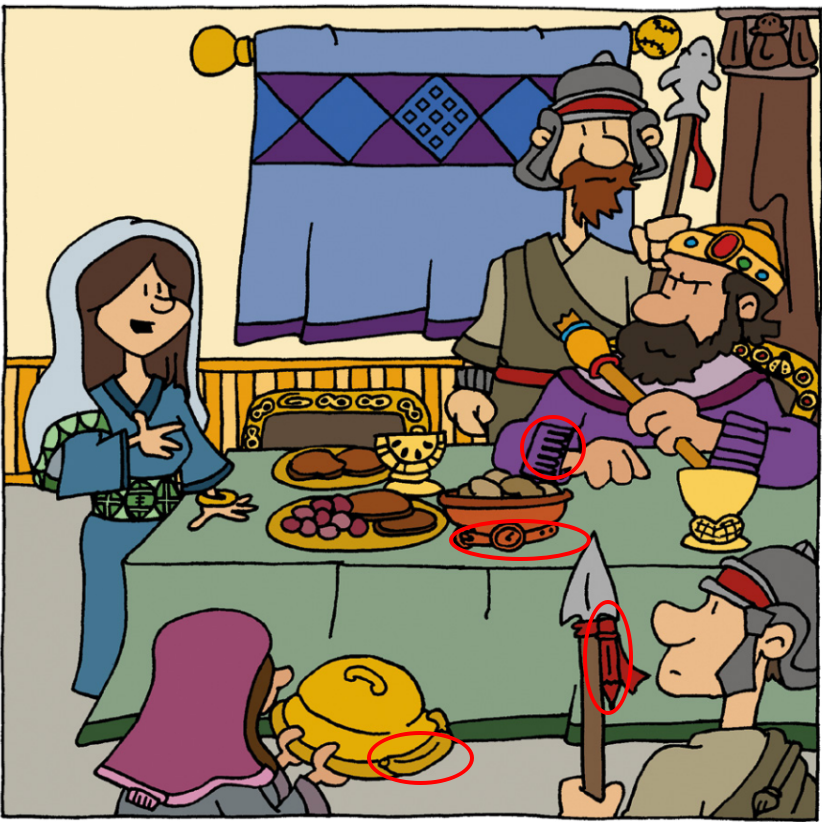
Conclusion: The Power of One Voice in the Right Moment
This feast wasn’t just about food—it was about fate. The image you see isn’t just a colorful cartoon—it’s a snapshot of one of the boldest decisions ever made behind palace doors.
Esther reminds us that sometimes, history changes not with a shout, but with a whisper of truth at the right table.
So, next time you’re facing a moment that feels too big or scary, think of Esther—standing tall, speaking clearly, and rewriting the story for an entire people.
You, too, were made for such a time as this.
